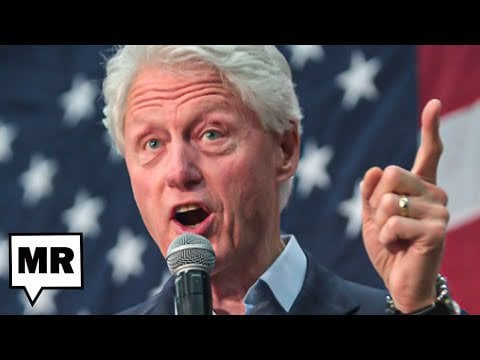
Especially since the emergence of the pandemic, certain channels of media have carried much discussion about “neoliberalism” (for example, as in a new segment from an American left-leaning radio program). In certain discourse, the period has been considered as preceded by the embedded liberalism of the postwar period, in turn preceded by the period of classical liberalism, born most directly of the industrial revolution.
Many in the West, especially in the United States, look back at the postwar period as one of growing prosperity, strong community, and a robust safety net. The character of the period, however, was deeply nationalist, racist, homophobic, ableist, and enforced rigid social roles along boundaries of binary gender. More, the rhythm of daily life was dominated not just by commercial interests, but also state and religious.
As it becomes increasingly undeniable that systems all around us are failing, in nearly every imaginable respect, a pervasive sense of dissatisfaction, and a demand for new or different systems, seems the only unifying sentiment.
Is it possible to achieve a society in which we want to live, which still preserves the same overarching systems, of private property and electoral governance?
Since neoliberalism emerged as the prevailing global order, a common explanation traces its origins to the policies of Ronald Reagan and Margaret Thatcher. Studying the topic in some depth, however, one might begin to question that the electorates of their respective countries willfully chose any of the policies against available alternatives. In contrast, a more nefarious narrative challenges the common one, entailing powerful groups working beyond public view, for shaping our society according to their own narrow interests and ideals.
Do the current systems, under which we now live, afford us any authentic agency for shaping our world? Has an opportune moment arrived for asking whether such systems are too corrosive and too inflexible to be meaningfully reformed?
